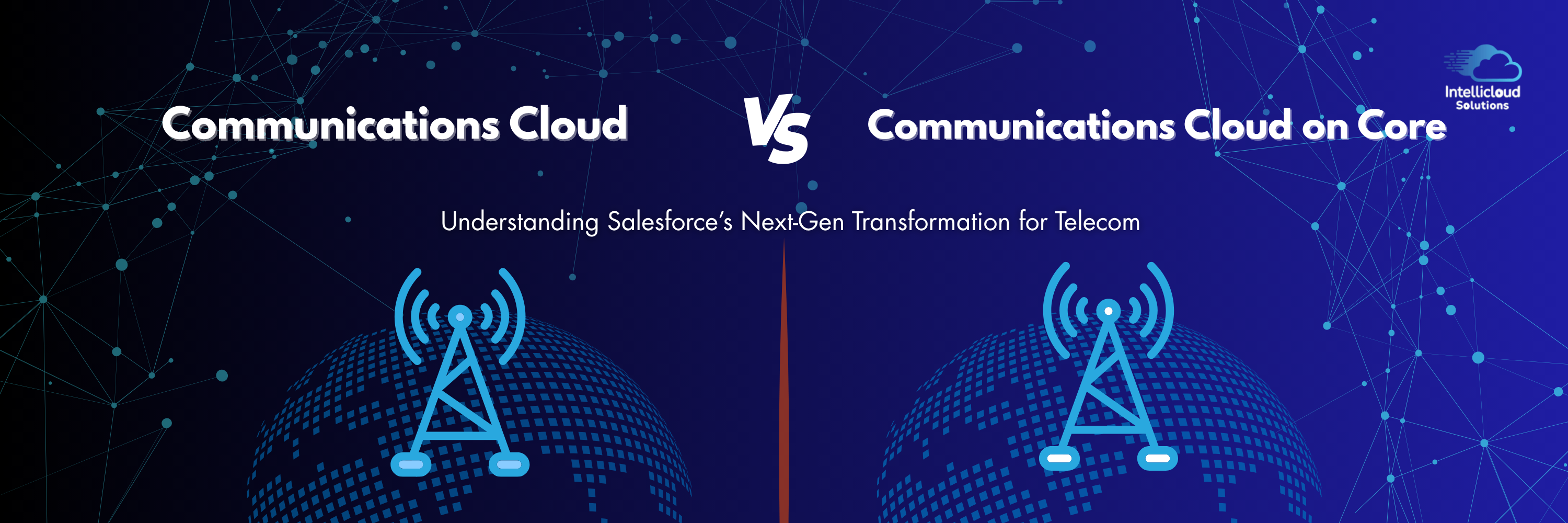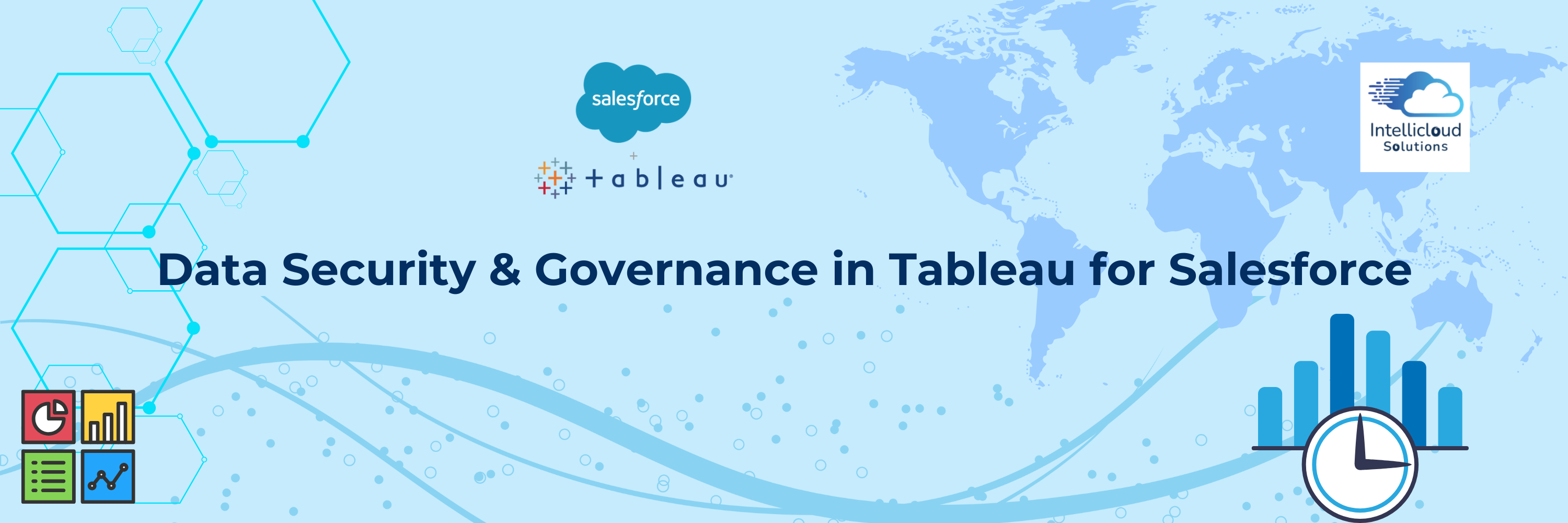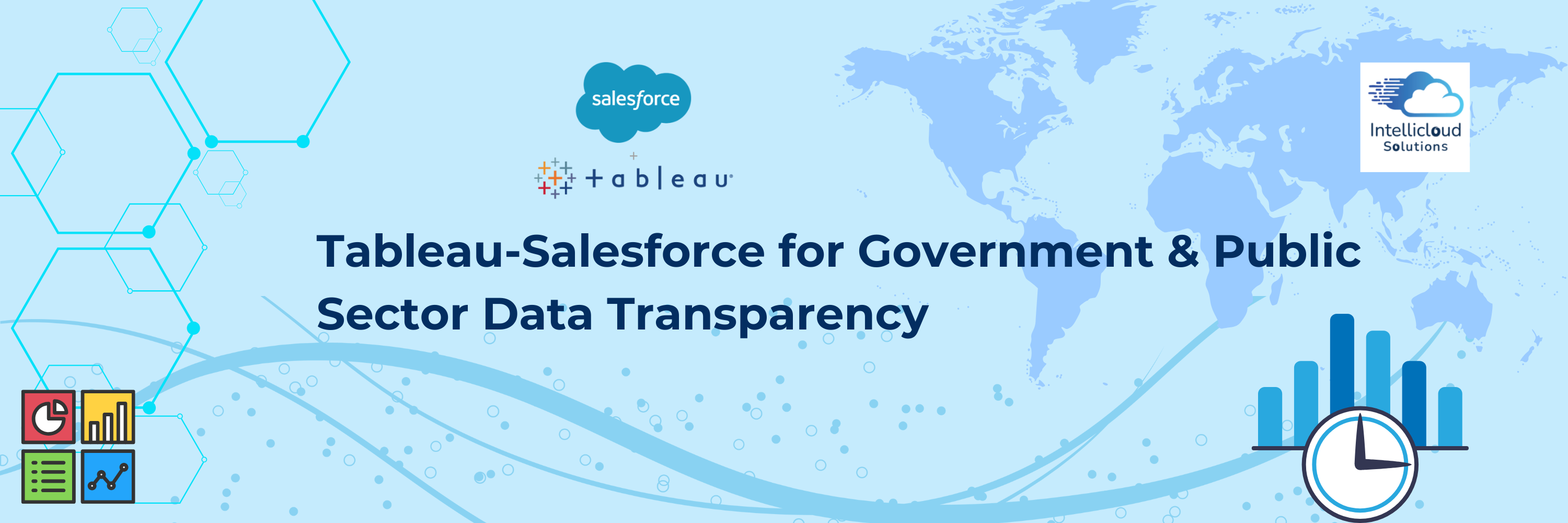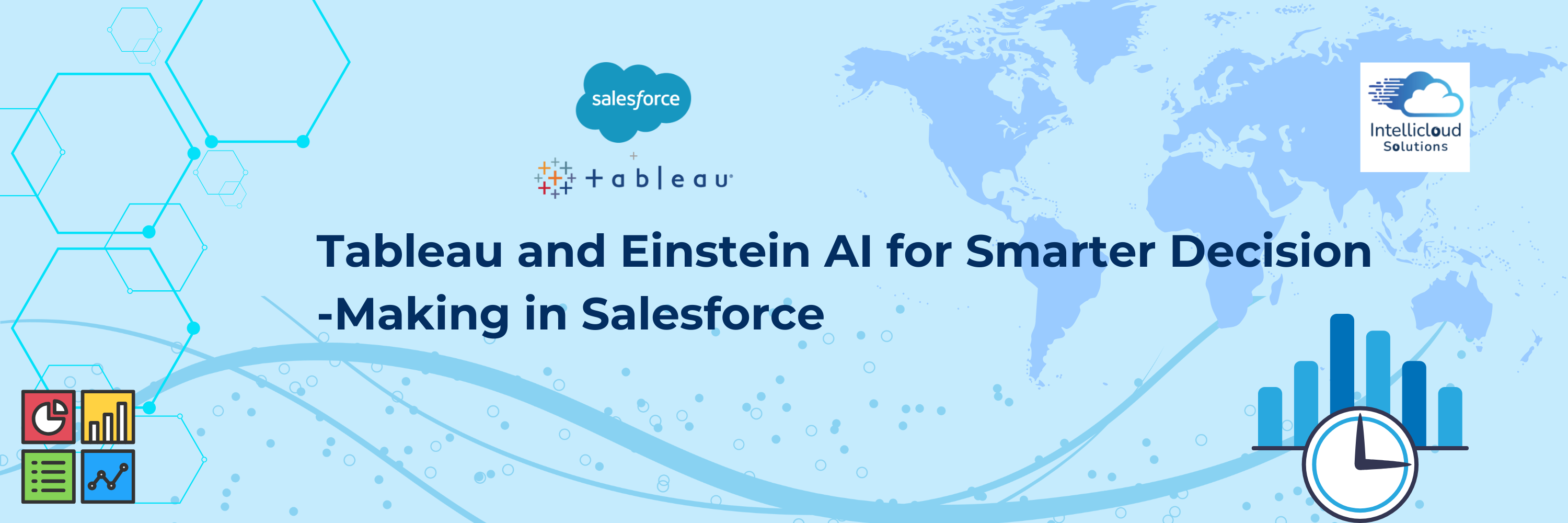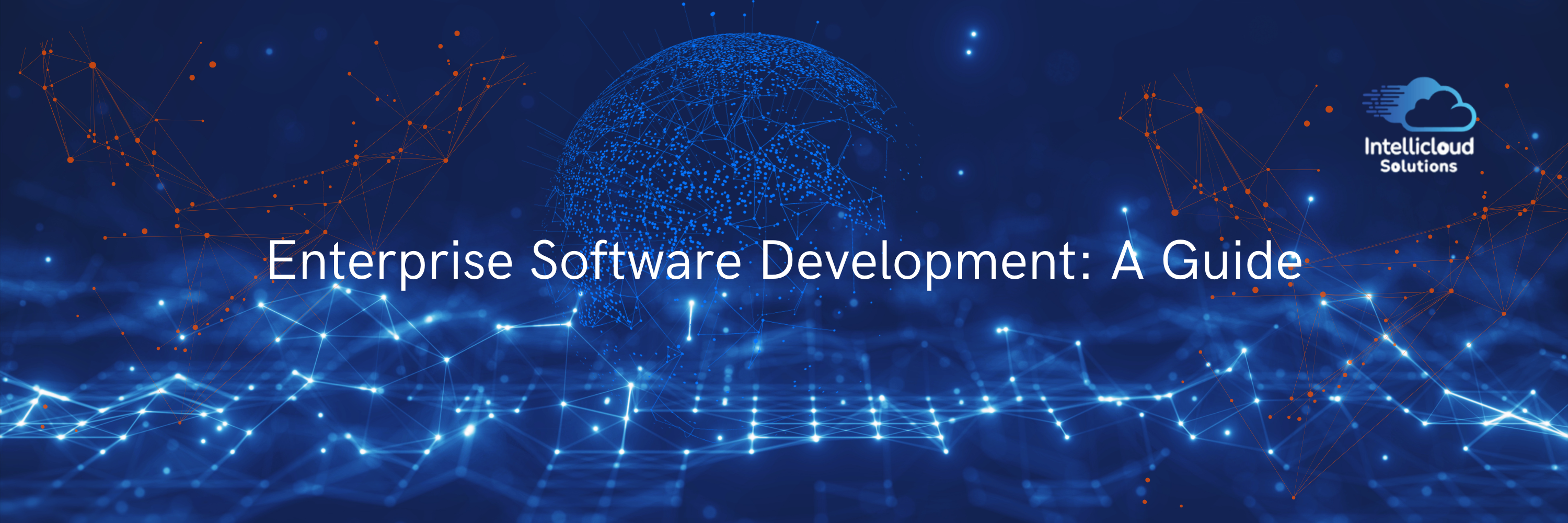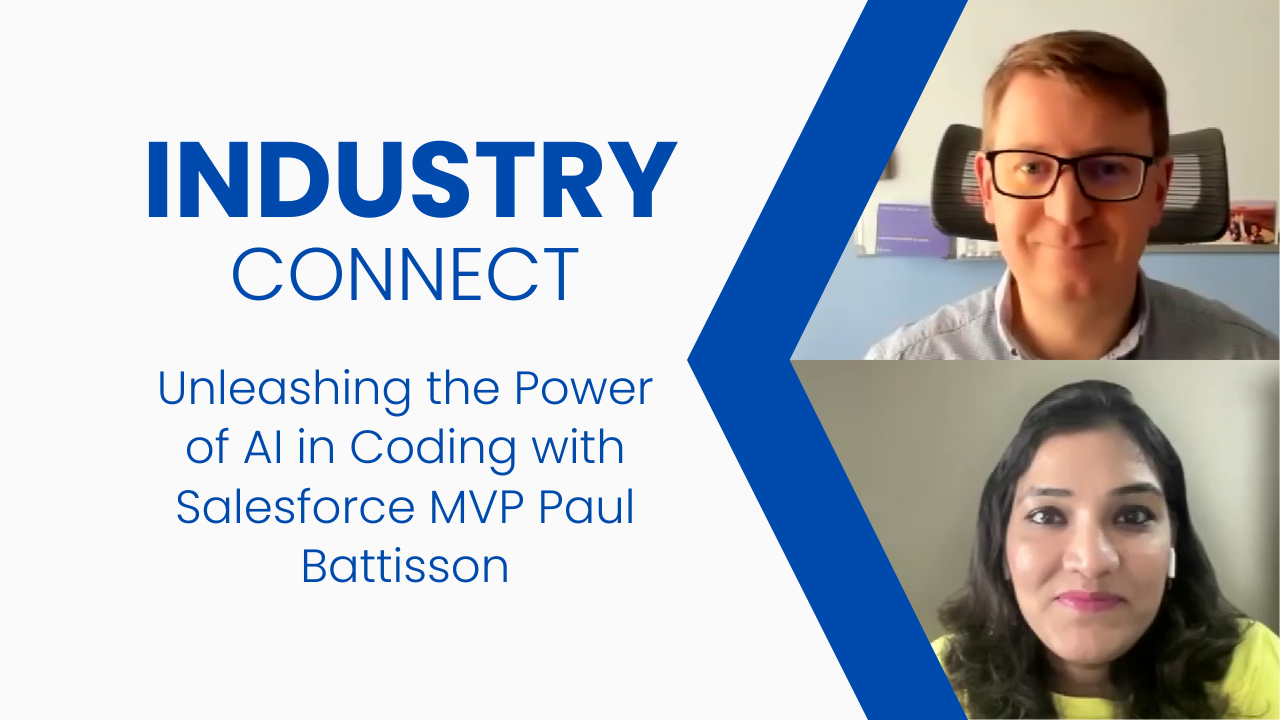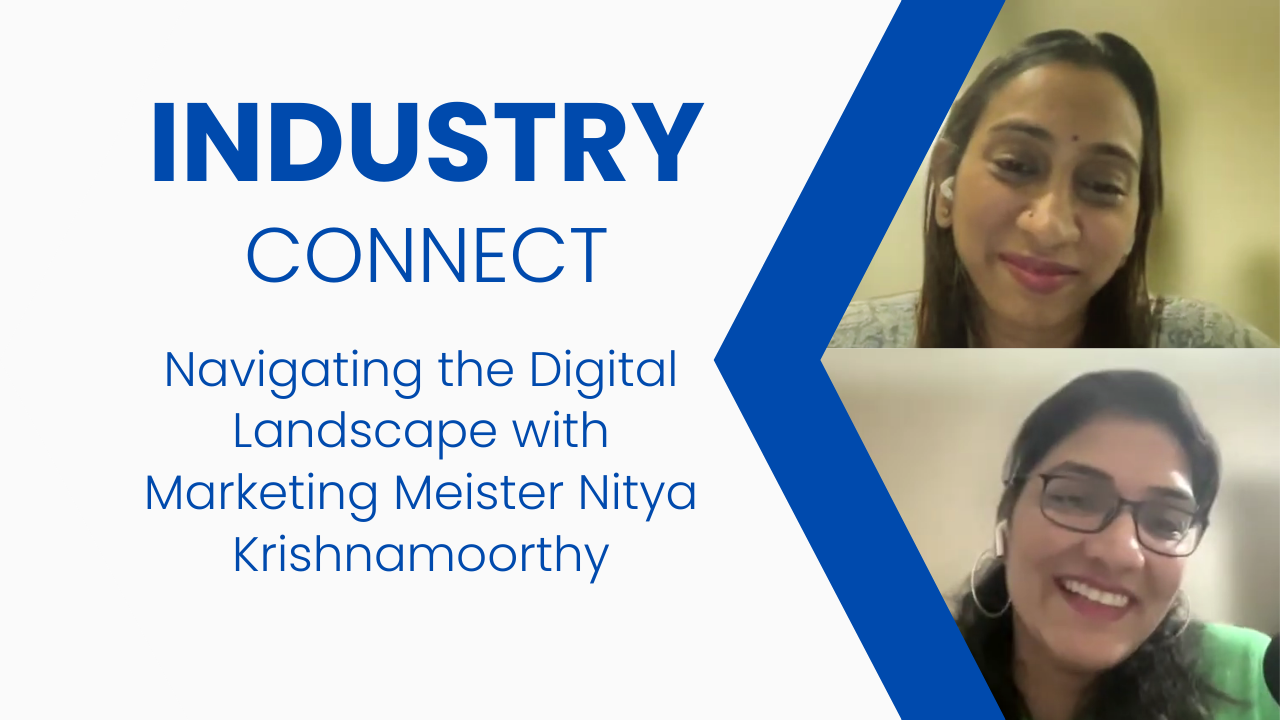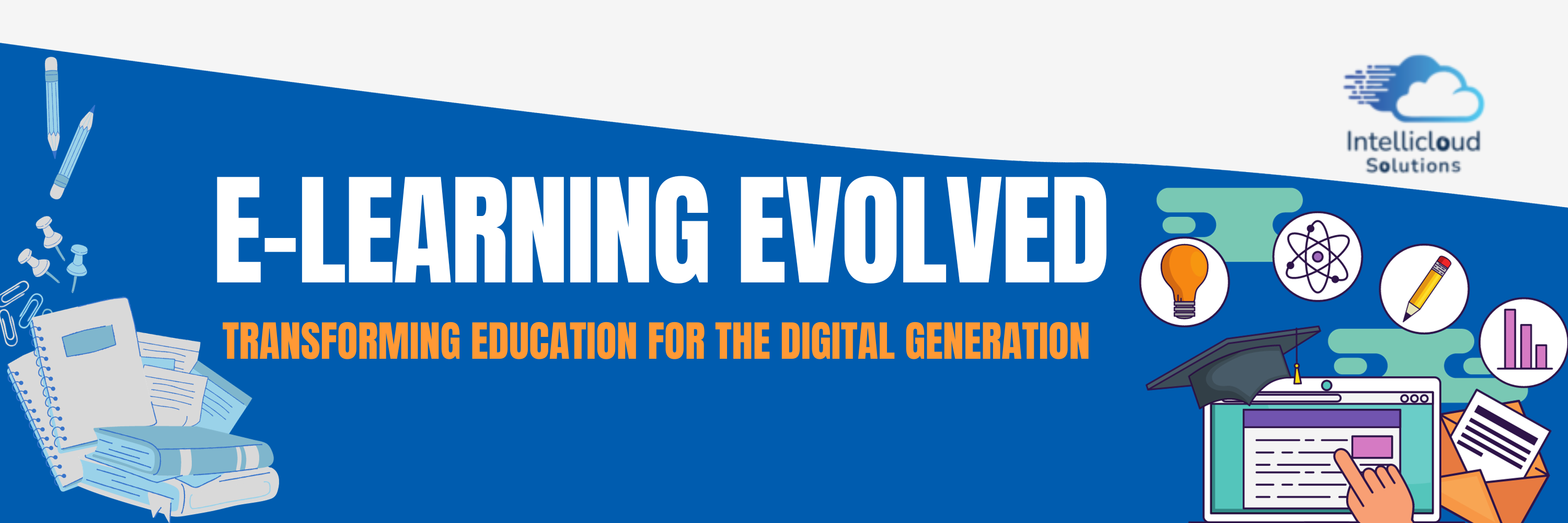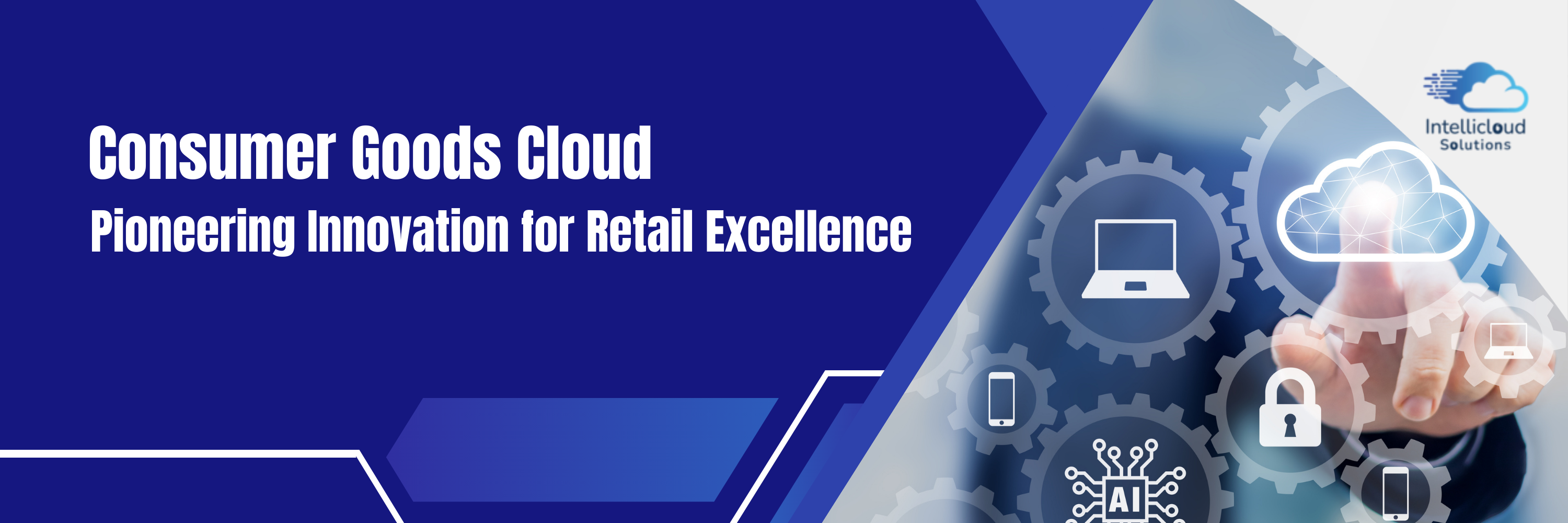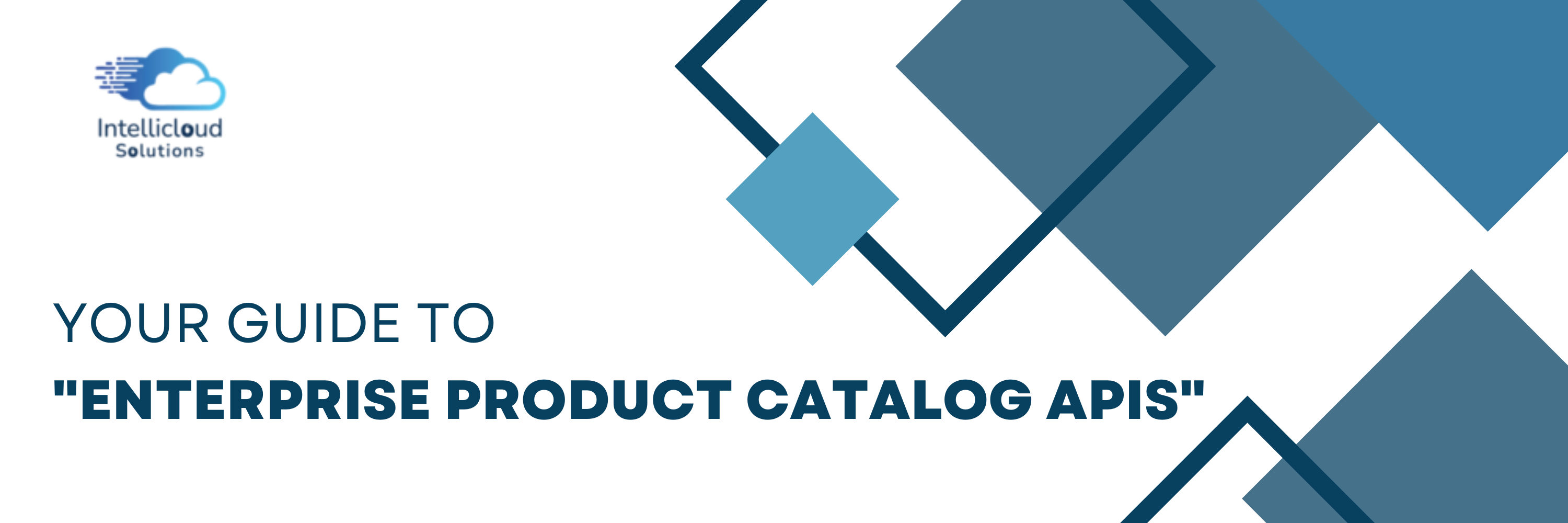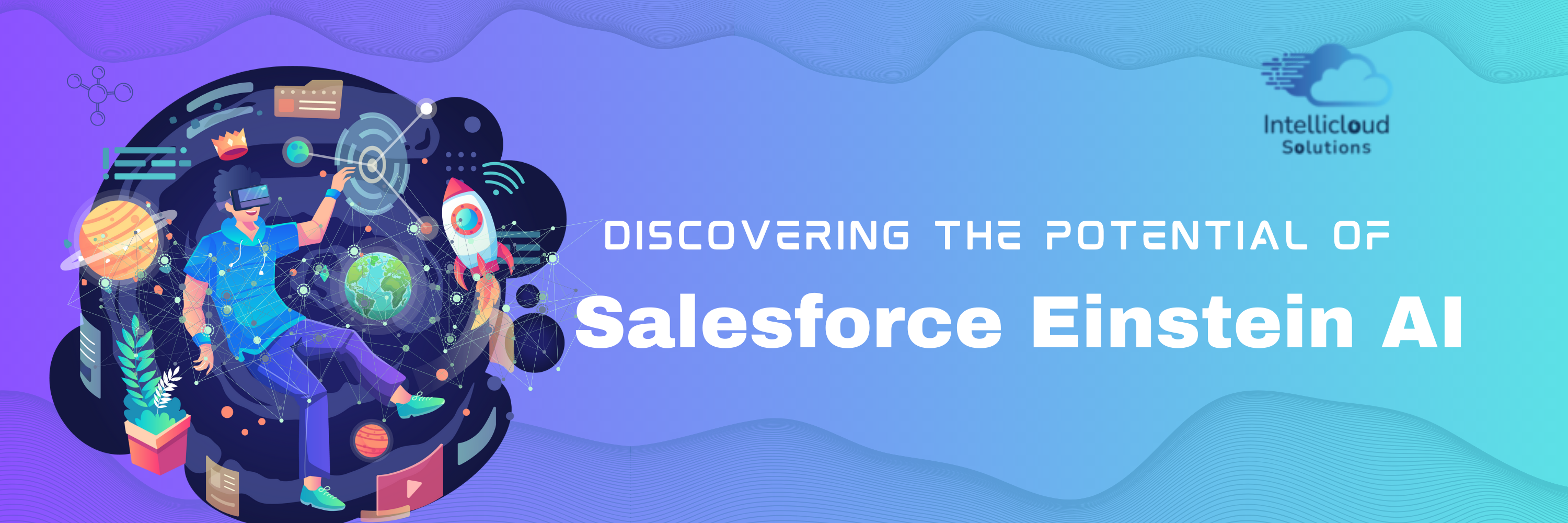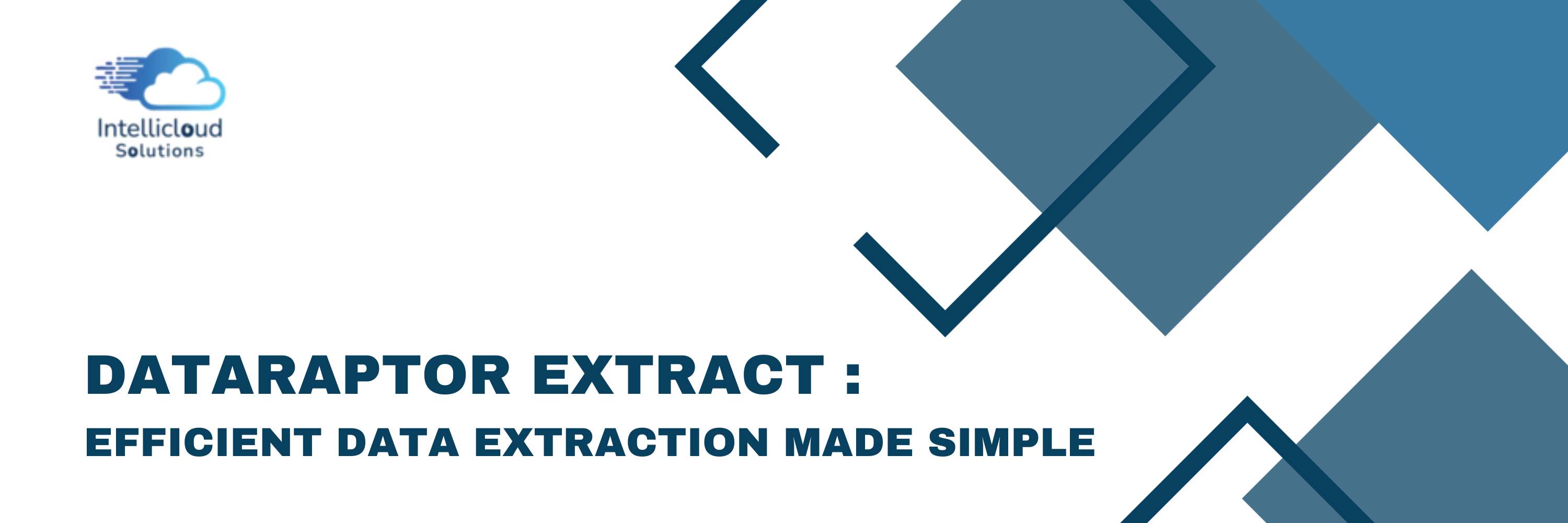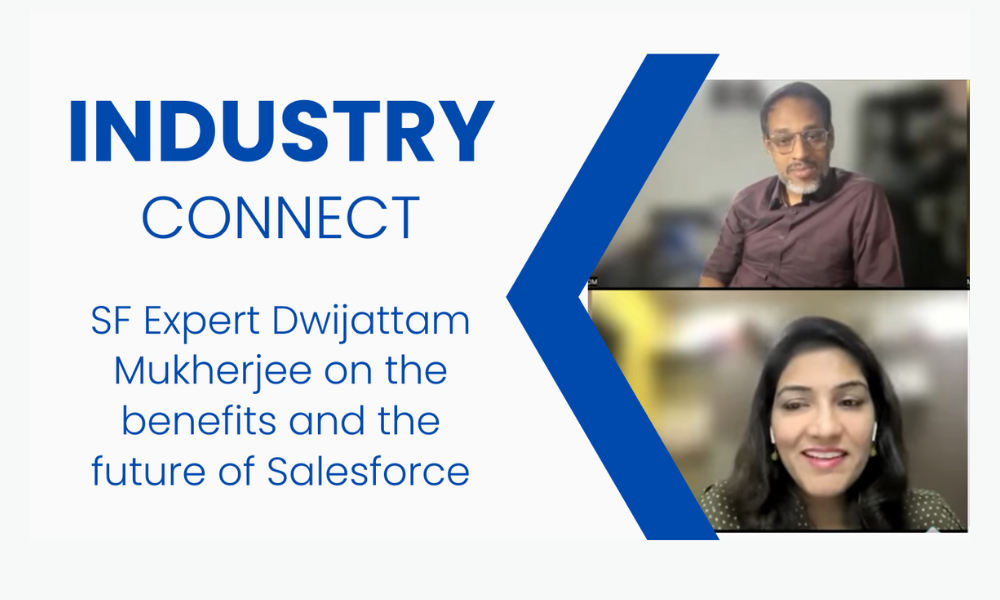Everyone agrees that enterprise digital transformation is key to the success of modern businesses, but no one says it's easy. The process has many parts, complexities, and challenges that can confuse even the most experienced business people. This guide explores the values, challenges, stages, and real-world examples of enterprise digital transformations.
In this blog post, we're going to dive into the concept of enterprise digital transformation and discuss why it's essential for businesses to focus on it in today's digital era.
Table of Contents
- What is Enterprise Digital Transformation?
- What are the Key Areas of Enterprise Digital Transformation?
- What Makes Digital Transformation Unique in Enterprises?
- Digital Transformation Challenges
- What is Digital Execution?
- Key P’s of Digital Transformation
- Case Studies of Successful Enterprise Digital Transformation
What is Enterprise Digital Transformation?
Enterprise digital transformation is the process of integrating digital technology into all areas of a business, fundamentally changing how it operates and delivering value to it, and it’s not just about adding new technology. It's about rethinking the entire business to make it better and more efficient. It goes beyond just adopting new technologies; it involves rethinking business models, processes, and culture to leverage digital capabilities effectively.
What are the Key Areas of Enterprise Digital Transformation?
Here are the key areas of Enterprise Digital Transformation:
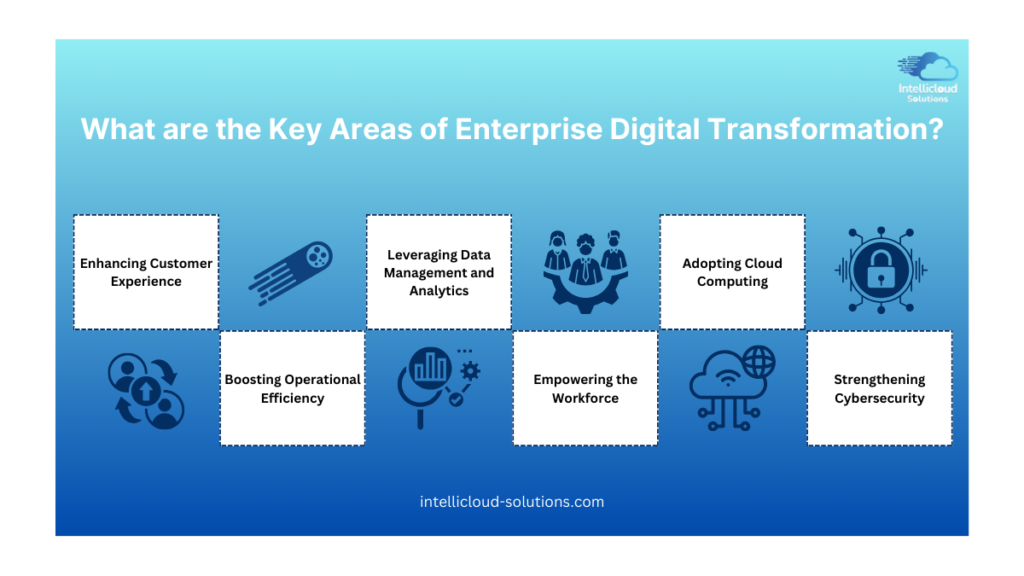
Enhancing Customer Experience: Improve customer engagement through personalized services and omnichannel strategies, creating seamless interactions across all touchpoints.
Boosting Operational Efficiency: Increase productivity and reduce costs with automation and AI, streamlining processes and eliminating manual tasks.
Leveraging Data Management and Analytics: Utilize data collection and advanced analytics to extract insights and inform strategic decision-making.
Empowering the Workforce: Provide employees with digital tools for productivity and collaboration, enabling them to work more efficiently and effectively.
Adopting Cloud Computing: Leverage cloud-based solutions for scalability, flexibility, and cost-effectiveness in various aspects of the business.
Strengthening Cybersecurity: Protect data and assets through robust cybersecurity measures, safeguarding against potential cyber threats.
What Makes Digital Transformation Unique in Enterprises?
Digital transformation in enterprises is unique because of the size and complexity of their operations. Companies need to manage change across different departments, locations, and teams which requires good communication and teamwork. Combining new technology with old systems can be challenging, as can handling large amounts of data safely and effectively. Managing change is crucial, including adjusting company culture and addressing employee concerns. Enterprises also have to follow strict rules and regulations, which must be balanced with innovation.
Successful transformation needs significant investment and careful budgeting. Overall, digital transformation in enterprises means updating operations and staying competitive in a comprehensive way.
Challenges of Digital Transformation
Managing the cultural shift towards a digital mindset involves guiding employees through change with training, communication, and support to embrace new ways of working.
Ensuring alignment of digital transformation with business goals and objectives means developing a clear strategy that supports and advances the overall mission of the organization.
Overcoming legacy infrastructure and technical debt involves updating or replacing outdated systems to improve efficiency and reduce future maintenance costs.
Adapting to evolving customer preferences and behaviors in the digital age involves continuously monitoring trends and personalizing experiences based on customer data.
Integration of new technologies with existing systems involves ensuring seamless compatibility and data flow to maintain efficiency and avoid disruptions.
Cybersecurity concerns and data privacy issues involves protecting sensitive data from cyber threats and ensuring compliance with privacy regulations.
Finding and retaining skilled talent for digital initiatives requires attracting top candidates and providing continuous training and development opportunities.
Balancing the need for innovation with cost and resource constraints involves prioritizing projects based on potential impact and managing budgets efficiently.
What is Digital Execution?
Digital execution is the process of putting a digital transformation strategy into action. It involves implementing digital technologies and tools, optimizing business processes, and managing change within the organization. By utilizing data-driven insights and fostering collaboration, businesses can achieve their transformation goals and improve performance. Successful digital execution leads to greater efficiency, innovation, and competitiveness.
Key P’s of Digital Transformation
The key "P's" of digital transformation refer to important elements that guide a successful transformation process.
The key "P's" of digital transformation are People , Process , Platform , and Performance .
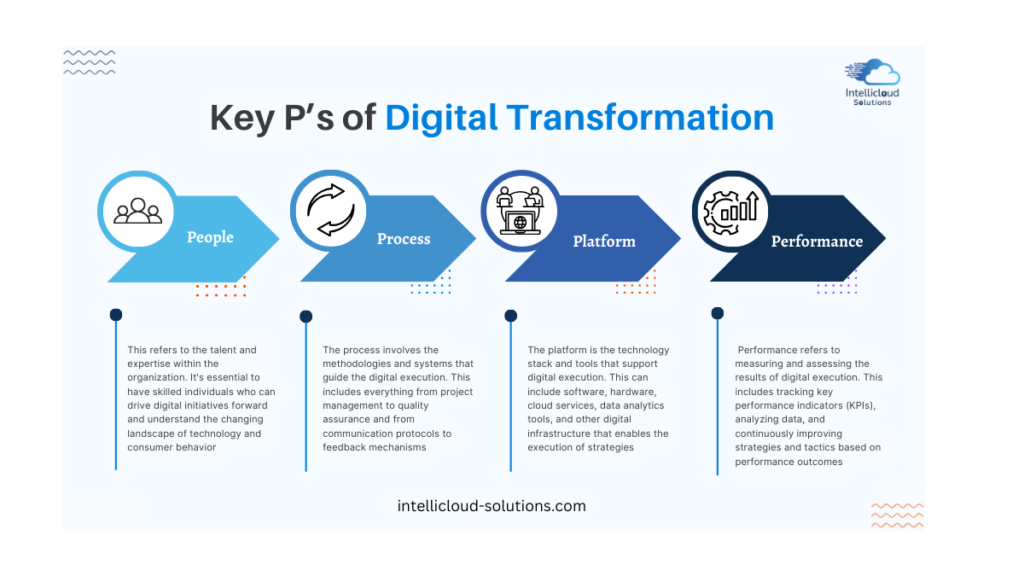
- Focusing on people means supporting employees and understanding what customers want to create better digital solutions.
- Improving processes boosts efficiency by simplifying workflows and using automation, while also staying flexible and adaptable.
- Choosing the right digital platforms and tools helps align with business goals and ensures smooth data flow and teamwork.
- Tracking performance with key metrics and data allows businesses to evaluate outcomes, make continuous improvements, and measure progress toward their transformation goals.
Case Studies of Successful Enterprise Digital Transformation
Here are some case studies of successful enterprise digital transformations that illustrate how organizations have leveraged technology to improve their operations, enhance customer experiences, and drive growth:
Coca-Cola: Coca-Cola transformed its business by using data analytics to optimize its supply chain and improve its marketing strategies. By analyzing data from various sources, Coca-Cola has been able to better understand consumer preferences and tailor its products and marketing campaigns accordingly.
Starbucks: Starbucks successfully transformed its customer experience by implementing a mobile app that allows customers to place orders and make payments from their phones. The app also features a loyalty program, which has increased customer engagement and brand loyalty.
Netflix: Originally a DVD rental service, Netflix transformed its business model to a digital streaming service. By embracing data analytics and personalization, Netflix provides tailored content recommendations to its users, enhancing the viewing experience and increasing customer retention.
Microsoft: Microsoft underwent a major digital transformation by shifting its focus from software to cloud computing and subscription-based services. The company's Azure platform and Office 365 have become major revenue drivers, positioning Microsoft as a leader in the cloud computing market.
Wrap Up
Enterprise digital transformation is about adapting and thriving in a digital world. By focusing on clear goals, empowering employees, optimizing workflows, and leveraging technology, organizations can stay competitive and achieve long-term success.
Intellicloud Solutions Expertise
Intellicloud Solutions is a software consulting firm that creates complex enterprise applications using the best technology to meet your needs.
Our team has experience building solutions for different types of architectures to help your business grow and change.
To learn more about our previous projects and capabilities, we invite you to explore our profile and connect with us. Let us help you elevate your business with innovative software solutions.






